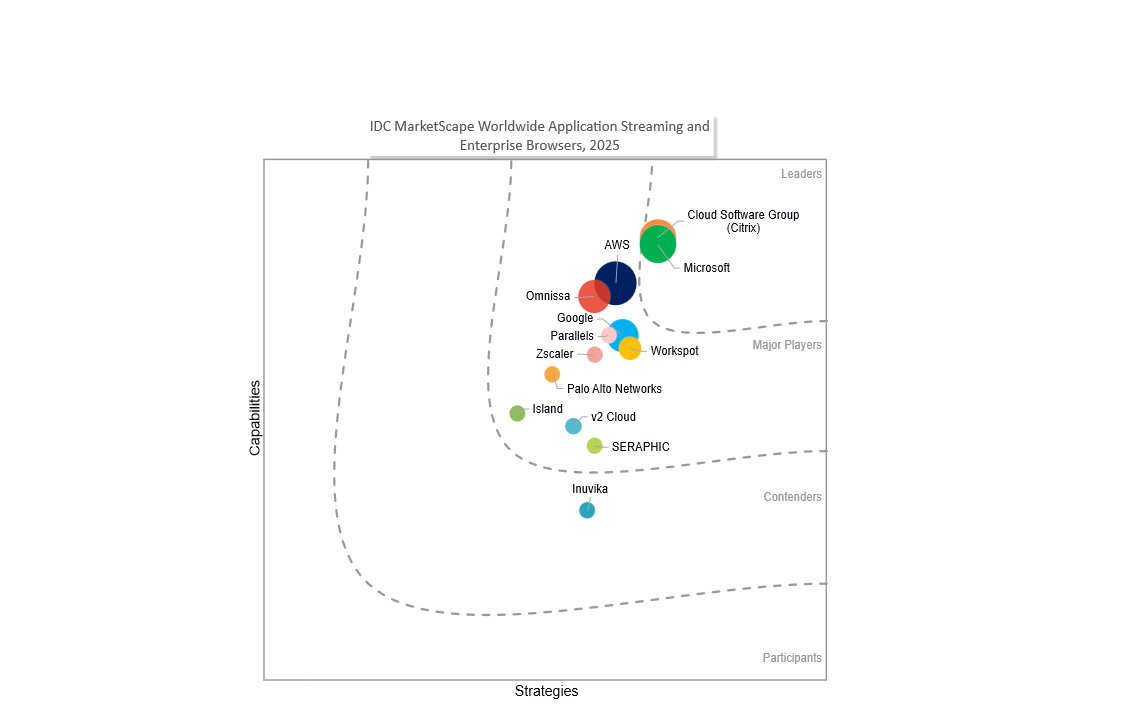It's nearly 2026 and most people still use '123456' as a password
NegativeArtificial Intelligence

It's nearly 2026 and most people still use '123456' as a password
As we approach 2026, a new report from Comparitech reveals that many people still rely on weak passwords like '123456'. This is concerning because it highlights a persistent issue in cybersecurity, where individuals fail to adopt stronger password practices despite ongoing warnings about data breaches. The continued use of such easily guessable passwords puts personal and sensitive information at risk, making it crucial for users to prioritize better security measures.
— via World Pulse Now AI Editorial System


